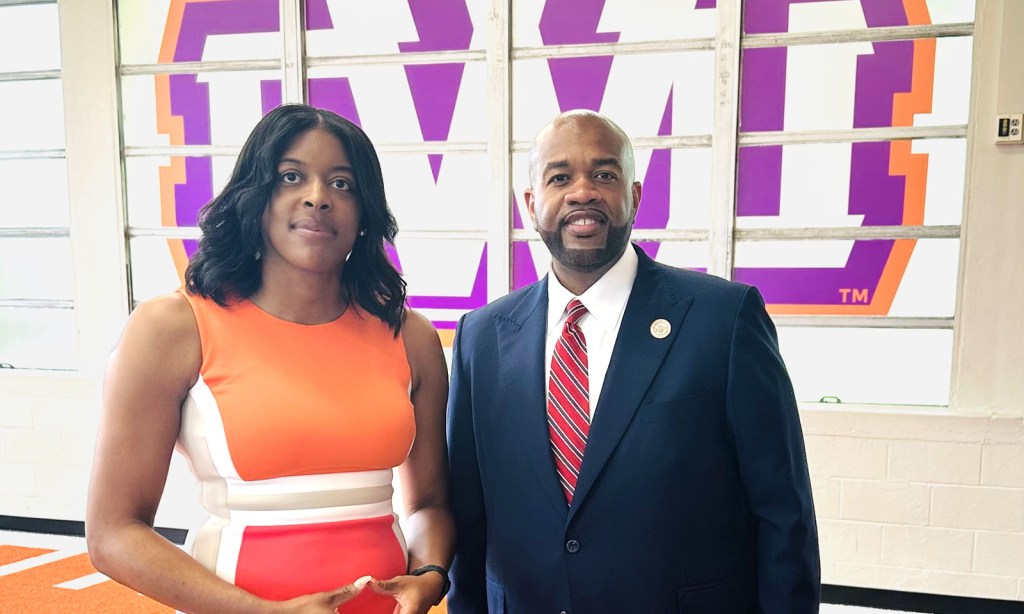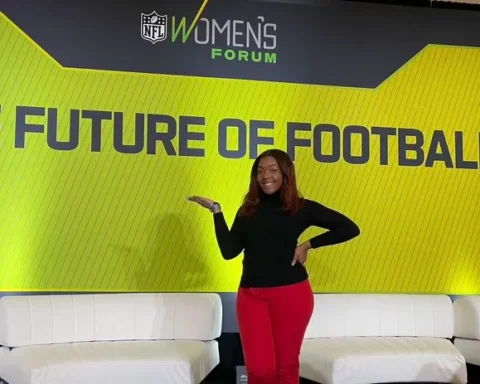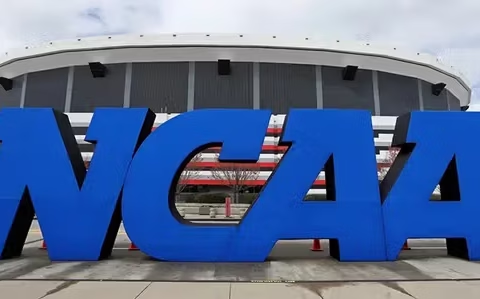Written by A. Zachary Faison Jr., J.D. President & CEO, Edward Waters University
There’s a prevailing narrative in college athletics that equal investment should automatically mean equal treatment — regardless of outcomes, market interest, or sustainability. It’s a narrative rooted in good intentions but one that often ignores the economic and biological realities that shape how the public consumes sports. As someone who is leading an HBCU institution that proudly supports women’s athletics — including hiring the first woman Athletics Director in the 158-year history of Edward Waters University — I believe in women’s sports. And I believe in investing in them. But I also believe in honest, data-driven leadership.
At Edward Waters University, we’ve made historic strides. We’ve launched brand-new women’s athletic programs in golf, tennis, and soccer — all firsts for our HBCU institution. Women’s flag football is next on the horizon, and we’re building the infrastructure to support it. These aren’t symbolic gestures. They’re real investments backed by real commitment — and they reflect our belief that women deserve the opportunity to compete, develop, and win.
But belief in equity shouldn’t mean we ignore reality. The simple fact is that, to date, men’s collegiate athletics — particularly football and basketball — generate the lion’s share of revenue that funds not just men’s sports but also women’s programs, scholarships, facilities, and operations. This isn’t sexism — it’s economics.
Yes, biology plays a role. Men and women are built differently, and on average, men have greater physical explosiveness, which creates a different kind of spectator experience. Yes, culture also plays a role. Boys are encouraged to play sports from a young age. That’s changing — slowly — and should continue to evolve. But even in the most gender-progressive societies, men still participate in and consume sports at higher rates than women. That matters.

Dr. Ivana Rich, EWU Director of Athletics, left, with EWU President Dr. A. Zachary Faison.
This doesn’t mean women’s sports shouldn’t be funded or promoted—quite the opposite. But it does mean we must think strategically, not sentimentally. Equal treatment doesn’t mean equal spending—it means providing the resources and support commensurate with each sport’s current and potential reach.
For example, women’s collegiate basketball is undeniably surging in popularity — and it has earned every bit of that spotlight through extraordinary talent, storytelling, and competitive excellence. The numbers don’t lie: record-breaking television ratings, sellout crowds, and a surge in mainstream media coverage are all clear indicators of a sport with real market traction. That’s not charity — that’s ROI. It’s time for the NCAA and its corporate partners to respond with real, sustained financial investment and to move decisively toward full parity in the women’s tournament experience — in facilities, marketing, media coverage, and fan engagement. Women’s college basketball student-athletes, their fans, and the stakeholders of the women’s game deserve a championship experience that reflects the quality of the product and the passion of its audience.
My passion for equity in women’s athletics is deeply tied to my broader commitment to justice and opportunity as the president of Edward Waters University — Florida’s first HBCU and a forerunner in access and social uplift. HBCU institutions like ours have always stood at the forefront of challenging inequity and expanding opportunity, often doing more with less. That legacy demands that we not only speak about fairness but that we lead by example. In the same way we’ve fought for access and dignity for Black students, we must also advocate for the full recognition and investment in women’s athletics — particularly for women of color who too often remain on the margins of both visibility and support.
That balance — between principled support and pragmatic stewardship — is where real leadership lives. I will continue to champion women’s athletics not just because it’s the right thing to do, but because I believe in their transformative power when given a real chance to flourish. We can support women’s sports with authenticity and intention without ignoring the economic realities that undergird the business of high-level collegiate and professional athletics.
True equity is not about ignoring differences — it’s about honoring excellence wherever it rises and ensuring that when women show the world they can compete, we’re not the ones standing in the way. The time for performative action is over. The time for real investment — grounded in data, driven by results, and fueled by belief — is now.





